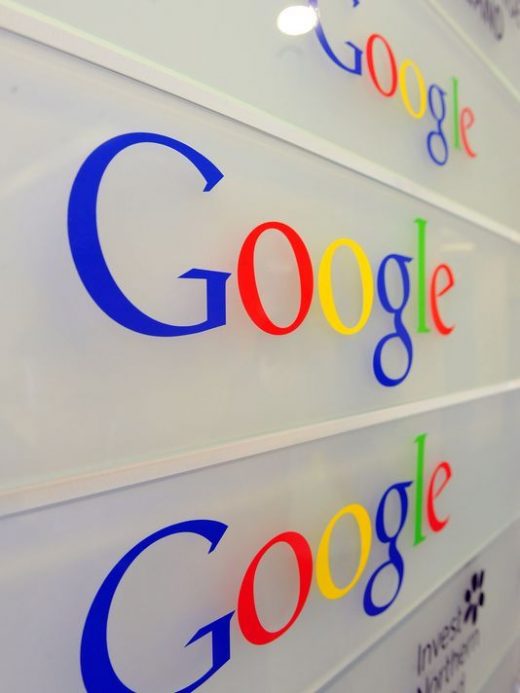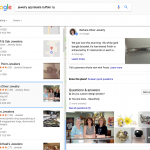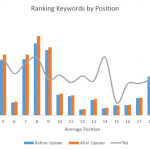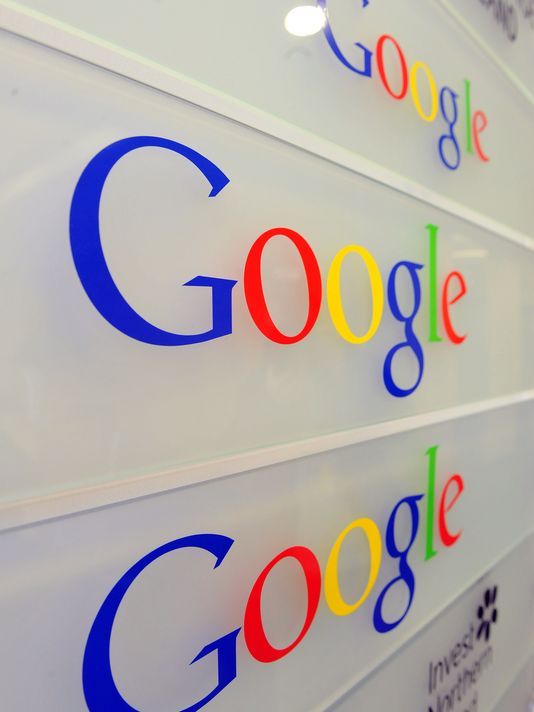Is Google Slipping, Or Is It Just Our Imagination?
Is Google Slipping, Or Is It Just Our Imagination?
by Gord Hotchkiss , Featured Contributor, (August 16, 2017)
I have recently noticed a few articles speculating about whether Google might be slipping:
Last month, the American Customer Satisfaction Index notified us that our confidence in search is on the decline. Google’s score dropped 2% to 82. The reason for the downgrade was the amount of advertising found on the search results page.
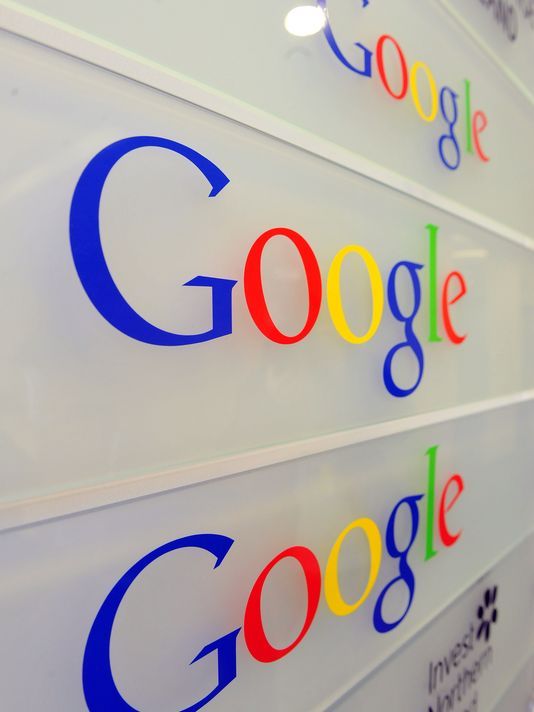
To be fair, both Google and search in general have had lower scores. Back in 2015, Google scored a 77%, its lowest score ever.
This erosion of customer satisfaction may be leading to a drop in advertising ROI. According to a recent report from Analytic Partners, the return on investment from paid search dropped 27% from 2010 to 2016.
Search was not alone. All digital ROI seems to be in decline. Analytic’s VP of marketing, Joe LaSala, predicts that ROI from digital will continue to decline until it converges with ROI from traditional media.
In April of this year, Forbes ran an article asking the question: “Is Google’s Search Quality Starting to Decline?” Contributors to this decline, according to the article, were the introduction of rich snippets and featured news, including popularity as a ranking factor, and ongoing black-hat SEO manipulation.
But the biggest factor in the drop of Google’s perceived quality was actually in the perception itself. As the article’s author, Jayson DeMers, stated: “It’s important to realize just how sophisticated Google is, and how far it’s come from its early stages, as well as the impossibility of having a ‘perfect’ search platform. Humans are flawed creatures, and our actions are what are dictating the shape of search.”
Google is almost 20 years old. The domain Google.com was registered on September 15, 1997. Given that 20 years is an eternity in internet years, it’s actually amazing that it has stood up as well as it has for the past two decades.
Whether Google’s naysayers care to admit it or not, that’s due to Google’s almost religious devotion to the quality of its search results. That devotion extends to advertising. Google has always paid a lot of attention to the balance between user experience and monetization.
But it’s not the presence of ads that has led to this perceived decline of quality. It’s a change in our expectations of what a search experience should be.
I would argue that for any given search, using objective measures of result relevance, the results Google shows today are far more relevant than the results they showed in 2008, the year it got its highest customer satisfaction score (86%).
Since then, Google has made great strides in deciphering user intent and providing a results page that’s a good match for that intent. Sometimes it will get it wrong, but when it gets it right, it puts together a page that’s a huge improvement over the vanilla, one-size-fits-all results page of 2008.
The biggest thing that has changed in the past 10 years is the context from which we are launching those searches. In 2008, it was almost always the desktop. But today, chances are we’re searching from a mobile device, or our car, or our home through Amazon Echo.
This has changed our expectations of search. We are task-focused, rather than “browsing” for information. This creates an entirely different mental framework within which we receive the results. We apply a new yardstick of acceptable relevance. Here, we’re not looking for a list of 20 possible answers — we’re looking for one answer. And it had better be the right one. Context-based search must be hyper-relevant.
Compounding this trend is the increasing number of circumstances where search is going “under the hood” — something I’ve been forecasting for a long time now. For example, if you use Siri to launch a search through your CarPlay-connected device when you’re driving, the results are actually coming from Bing but they’re stripped of the context of the Bing search results page.
Here, the presentation of search results is just one step in a multistep task flow. So it’s important that the result that’s on top be the one you’re probably looking for.
Unfortunately for Google — and the other search providers — this expectation stays in place even when the context shifts. When we launch a search from our desktop, we are increasingly intolerant of results that are even a little off base from our intent.
Ads become the most easily identified culprit. A results set that would have seemed almost frighteningly prescient even a few years ago now seems sub par. Google has come a long way in the past 20 years but it’s still losing ground to our expectations.
MediaPost.com: Search Marketing Daily
(16)

